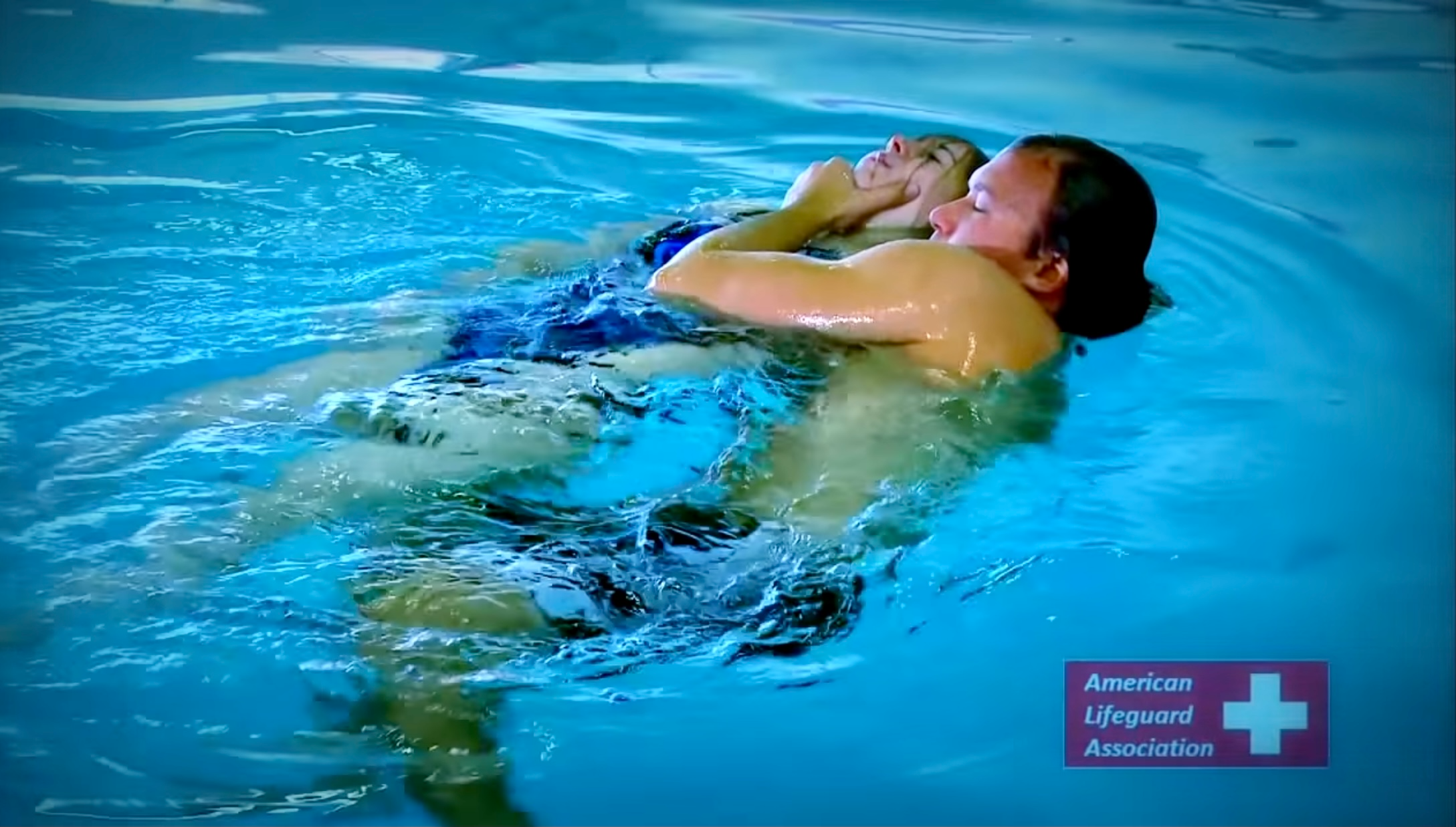Lifeguarding is a noble and rewarding profession that involves ensuring the safety of individuals at pools, beaches, and other aquatic environments. If you’re considering a career as a lifeguard, obtaining a lifeguard certificate is your first and most crucial step.
This article will guide you through the entire process, from understanding the requirements to completing the certification course, and provide insights into maintaining your credentials. Brought to you by American Lifeguard USA, your trusted source for lifeguard education and certification.
Successfully completed lifeguard training and awarded lifeguard certificate.
Why Become a Lifeguard?
Before diving into the certification process, it’s important to understand the benefits of becoming a lifeguard. Lifeguarding offers more than just a job; it’s a way to develop valuable skills, such as leadership, teamwork, and emergency response. Additionally, lifeguards often enjoy flexible working hours, the opportunity to work outdoors, and the satisfaction of making a difference in their communities.
Understanding the Lifeguard Certification
A lifeguard certificate is an official recognition that an individual has been trained and tested in various skills and knowledge areas necessary to perform the duties of a lifeguard. These areas include water rescue techniques, CPR (Cardiopulmonary Resuscitation), first aid, and the ability to recognize and respond to emergencies quickly and effectively.
Certification Bodies
Several organizations offer lifeguard certification in the United States, with American Lifeguard USA being a prominent provider. Other notable organizations include the American Red Cross, YMCA, and Ellis & Associates. Each of these organizations follows standards and guidelines that ensure lifeguards are well-prepared to handle emergencies.
Prerequisites for Certification
To enroll in a lifeguard certification course, candidates must meet certain prerequisites. These typically include:
Age Requirement: Most programs require candidates to be at least 15 years old. Some advanced certifications might have higher age requirements.
Swimming Skills: Candidates must demonstrate strong swimming abilities. This usually involves passing a swim test that includes swimming a certain distance within a time limit, treading water, and retrieving a weight from the bottom of a pool.
Physical Fitness: Lifeguarding is physically demanding, so candidates should be in good physical condition to perform rescues and provide care.
The Certification Process
Obtaining a lifeguard certificate involves completing a comprehensive training course that covers both theoretical knowledge and practical skills. Here’s a breakdown of what to expect during the certification process:
Enrollment: Choose a certification provider, such as American Lifeguard USA, and enroll in a course that fits your schedule. Courses are typically available in-person, and some providers may offer blended learning options with online components.
Training: Lifeguard training courses are rigorous and include multiple components:
Classroom Instruction: This covers theoretical aspects such as the principles of lifeguarding, emergency response, and legal responsibilities.
Water Skills Training: Practical sessions in the pool where candidates learn and practice rescue techniques, swimming with victims, and other essential skills.
First Aid and CPR: Training on how to perform CPR, use an AED (Automated External Defibrillator), and provide first aid for various injuries and medical conditions.
Assessment: Candidates must pass both written exams and practical skills tests to demonstrate their knowledge and proficiency. These assessments ensure that candidates can apply what they’ve learned in real-life situations.
Maintaining and Renewing Your Certification
Once you’ve obtained your lifeguard certificate, it’s crucial to keep it current. Lifeguard certifications typically expire after two years. To maintain your credentials, you’ll need to complete a recertification course before your certification expires. This course refreshes your knowledge and skills, ensuring you remain prepared to handle emergencies.
Advanced Certifications and Specializations
For those looking to advance their lifeguarding career, there are several additional certifications and specializations available:
Waterfront Lifeguarding: This certification is for lifeguards working at beaches, lakes, and other open water environments. It covers additional skills such as dealing with currents, tides, and other hazards unique to these settings.
Waterpark Lifeguarding: Focused on lifeguards working at waterparks, this certification includes training on specific rescue techniques for water slides, wave pools, and other water attractions.
Lifeguard Instructor: Experienced lifeguards can become instructors, allowing them to teach and certify new lifeguards. This involves completing an instructor course and demonstrating advanced knowledge and teaching abilities.
Tips for Success
Stay Physically Fit: Regular exercise, especially swimming, is essential to maintain the physical fitness required for lifeguarding.
Keep Learning: Stay updated on the latest lifeguarding techniques and emergency response protocols. Attend workshops and additional training sessions whenever possible.
Practice Regularly: Regular practice of rescue techniques, CPR, and first aid skills is crucial to ensure you’re always prepared.
Stay Vigilant: Being a successful lifeguard requires constant vigilance and the ability to anticipate and respond to potential hazards quickly.
Also Read About: What You Need to Know Before Installing Padel Courts?
Conclusion
Obtaining a lifeguard certificate is a rewarding endeavor that opens the door to a meaningful career in public safety.
Stay tuned for more news and updates on Frolic Beverages!











